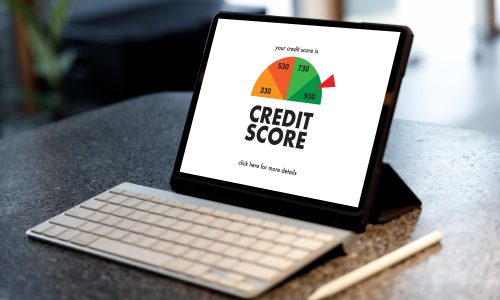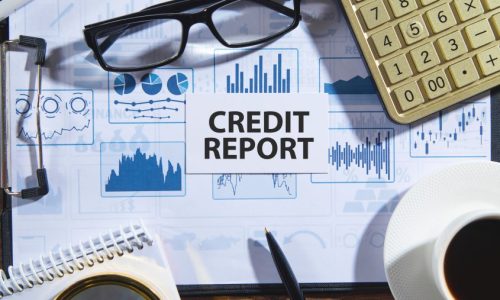10 Steps to Better Credit

Improving your creditworthiness may significantly reduce the costs of obtaining financing, so it is of the utmost importance to understand the value of your credit score in deciding whether or not it will be possible for you to achieve your financial goals.
Having a higher credit score can allow you to qualify for better loan terms and lower interest rates. An excellent credit score also has other side advantages, such as making it easier to rent an apartment.
If you’re ready to take your credit score improvement efforts to the next level, here are 10 more financial strategies for you to try this year.
1. Cap the Number of Open Credit Accounts
A hard inquiry, such as when you apply for a credit card or loan, will show up on your credit report and may temporarily lower your score. To boost your credit score, apply for credit only when absolutely necessary, after doing the necessary research to determine which accounts you would likely qualify for; and without taking on any additional debts that might prove difficult to repay.
2. Apply for Financing Within a Short Time-frame
Lenders may get suspicious if you make a large number of hard queries in a short period of time. However, savvy consumers will apply for many loans of the same kind in order to get the best possible rate. Therefore, credit scoring models aggregate all hard inquiries for the same loan type within a short time frame and count them as a single inquiry, lessening the negative impact on your score. So, please send your applications as quickly as possible, and no later than two weeks. However, credit card applicants do not benefit from the same grace period in the scoring models; each application is evaluated independently of the others.
3. Always pay your monthly credit card bills in full
Paying up your credit card bill in full every month is a great way to reduce your overall debt load and avoid incurring any new interest charges. One of the greatest strategies to build credit is to have a zero debt amount at the end of each billing cycle. You’ll save money since you won’t have to pay interest.
4. Monitor Your Credit Report and Score
By keeping tabs on your score, you may take immediate action if you see an error. High balances, missed payments, or an excessive number of recent hard inquiries are all things you may work to improve. Whether it’s via your existing credit card provider, bank, Experian, or any of the other available options, checking and monitoring your credit score is completely free.
5. Secure Your Personal Data to Prevent Identity Theft
If identity thieves get access to your personal data and make use of it to create accounts under your name, it might negatively impact your credit. In order to avoid that, you should not conduct sensitive financial transactions on free/public Wi-Fi access points and should use a password management tool to generate and save complex passwords.
6. Expand Your Credit Portfolio Responsibly
Lenders want to see that you’re able to handle different kinds of credit by having a variety of accounts included in your credit report. Both fixed-rate monthly payment installment loans and revolving credit with a maximum credit limit (like credit cards and mortgage lines of credit) fall into this category.
Having too much of one sort of credit in your file will lower your credit score, so adding some variety is a good idea. You shouldn’t apply for new credit accounts with the sole intention of raising your FICO® Score by the 10% that credit mix accounts for. Doing so may cause you to incur debt beyond your means.
7. Make a Financial Plan
If the uncertainty of recent years has had an impact on your ability to manage your money, making a budget in 2023 may help you get your economic situation back on track. This method can help you get a clearer picture of your income and your discretionary spending limits. This will put you in a better position to resist impulse purchases and make managing your credit a higher priority.
8. Have Your Rent Listed on Your Credit Report
If you have a history of making rent payments on time, you may improve your credit score by include such details in your credit report. You can do this by enrolling in a program such as Experian Boost, which enables you to have your rent payments that are considered to be acceptable added to your Experian credit report at no additional cost.
9. Request a Raise in Your Credit Limit
When your credit limit is raised but your expenditure stays the same, your credit usage rate drops and your credit score rises. After a specific period of responsible usage, your credit card company may automatically raise your line. However, there are circumstances in which requesting a higher credit limit might be beneficial.
While a credit check may temporarily damage your score while the issuer decides whether to boost your limit, the longer-term benefits of that increase may be worth it. Be careful not to max out your card, since doing so might have a negative impact on your credit.
10. Be Patient
Improving one’s credit score takes time. A great credit score usually results from years of careful money management. Achieving a good credit score takes time, but there are ways that might help you notice little increases more quickly.
And perhaps the best advice following a financially unstable 2020, is to strive to keep your finances in check in 2023 and avoid credit-harming actions.



